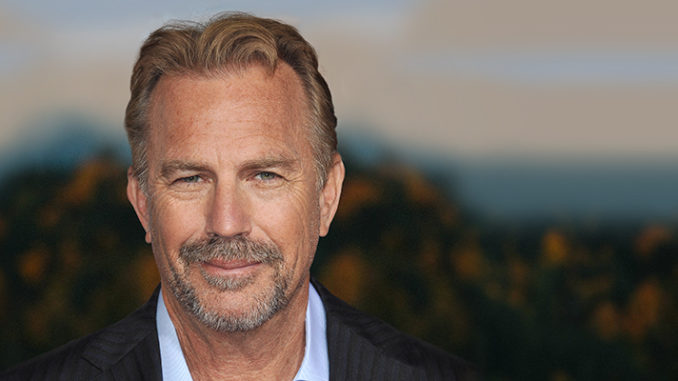
The Unscripted Abyss: When Trust Breaks on Set
The headline, stark and sensational, slices through the usual Hollywood hum: "Director Kevin Costner Sued for Suddenly Filming Hot Scenes." Immediately, a thousand questions arise, each sharper than the last. While purely hypothetical, the very premise illuminates a fraught, often murky corner of an industry built on illusion, ambition, and the delicate dance between art and consent. It’s a scenario that, for all its potential for scandal, serves as a potent illustration of the power dynamics, ethical quandaries, and shifting sands of professionalism that define the modern cinematic landscape.
Imagine the set. The cameras are rolling, the crew is focused, and the air crackles with the intense energy of creation. Kevin Costner, the cinematic architect of sweeping sagas and indelible landscapes, embodies a particular strain of directorial gravitas. He's known for his meticulous vision, his command over grand narratives, and his ability to coax powerful performances from his cast. But this hypothetical lawsuit posits a sudden, jarring pivot – an unscripted demand for intimacy that shatters the meticulously constructed agreement between artist and performer.
At its core, this situation speaks to a profound breach of trust. Filmmaking is, in essence, a collaborative act, a sacred pas de deux between countless talents, each contributing their piece to a unified vision. For an actor, particularly when it comes to scenes involving vulnerability, there is an inherent, often unspoken, contract of safety and respect. Their body, their emotions, their very essence become the raw material. This material is offered under specific, pre-negotiated terms, often painstakingly detailed in scripts, riders, and pre-production discussions. To suddenly introduce "hot scenes" without prior consent, without the psychological and professional preparation required, is to pull the rug out from under this foundational trust.
The actor, caught in the harsh glare of the lights, is suddenly thrust into an impossible bind. The pressure to "be professional," to not "hold up production," to succumb to the director's "artistic vision" can be immense. Fear of being labelled "difficult," of jeopardizing future roles, or of simply being seen as uncommitted can loom large. In that moment, the power imbalance is stark: the director, the captain of the ship, holds the reins of the entire production, while the actor, by the very nature of their craft, is exposed and vulnerable. The planned scene, perhaps one of quiet intensity or dramatic tension, transforms into an arena of potential exploitation, leaving an indelible mark not just on the actor's psyche, but on their professional standing.
Beyond the personal betrayal, the lawsuit itself would speak the cold, clinical language of contract law. Was the intimacy explicitly outlined in the script? In the actor's contract? Were there discussions with their representatives? The absence of such clear, upfront negotiation transforms what might have been a creatively challenging scene into a legal quagmire. It highlights the evolving standards of consent in an industry historically rife with unchecked power. The rise of intimacy coordinators, the clearer delineation of boundaries, and the greater emphasis on actor well-being are all responses to a past where such "sudden demands" might have been swept under the rug as a director's prerogative.
The illustrative nature of this scenario, even as fiction, lies in its capacity to dissect the delicate ecosystem of a film set. It forces us to confront the ethical responsibilities of those in power, the agency of those who perform, and the collective duty to foster an environment where art can flourish without compromising human dignity. A director's vision, no matter how brilliant or compelling, should never come at the cost of an actor's bodily autonomy and psychological safety.
In the end, the hypothetical lawsuit against Director Kevin Costner for suddenly filming hot scenes is more than just a tale of conflict. It's a magnifying glass held up to the shifting conscience of Hollywood. It reminds us that the magic of cinema, the illusion we cherish on screen, must be built on a foundation of integrity, respect, and unequivocal consent behind the camera. For without that, the most brilliant performance, the most breathtaking shot, risks being tainted by the bitter taste of an unscripted abyss.
